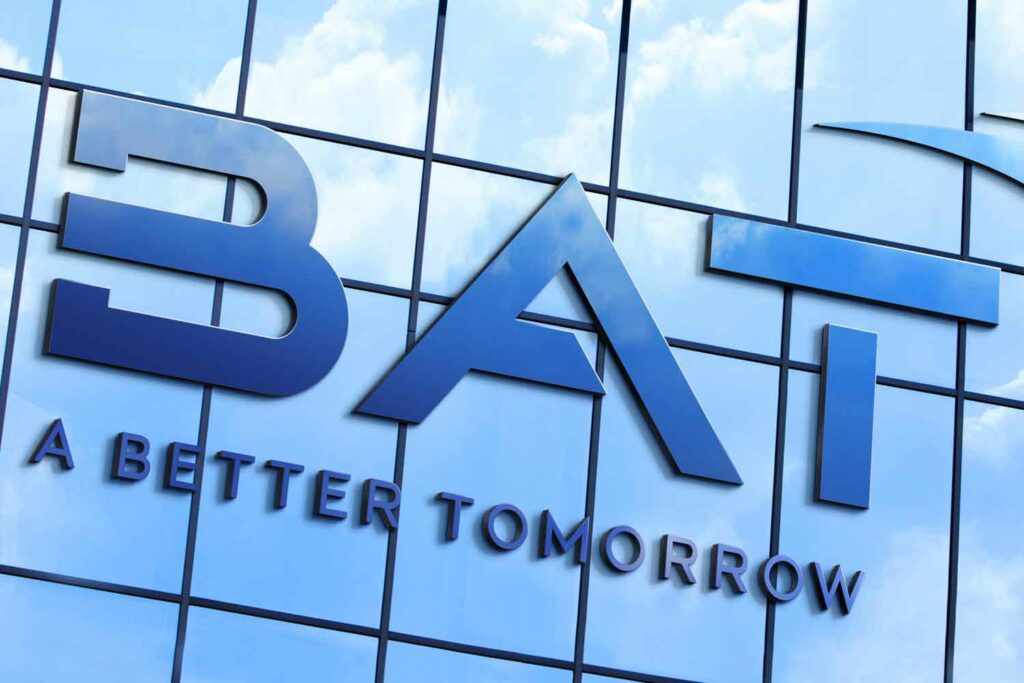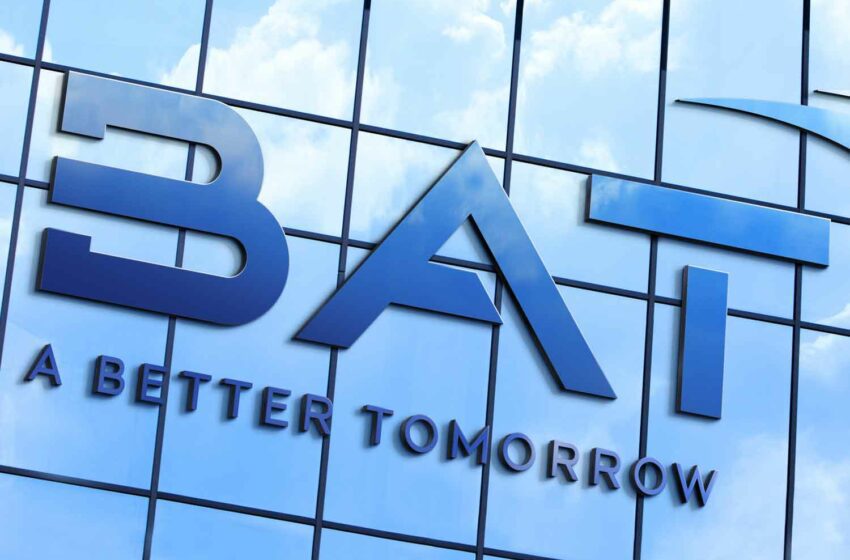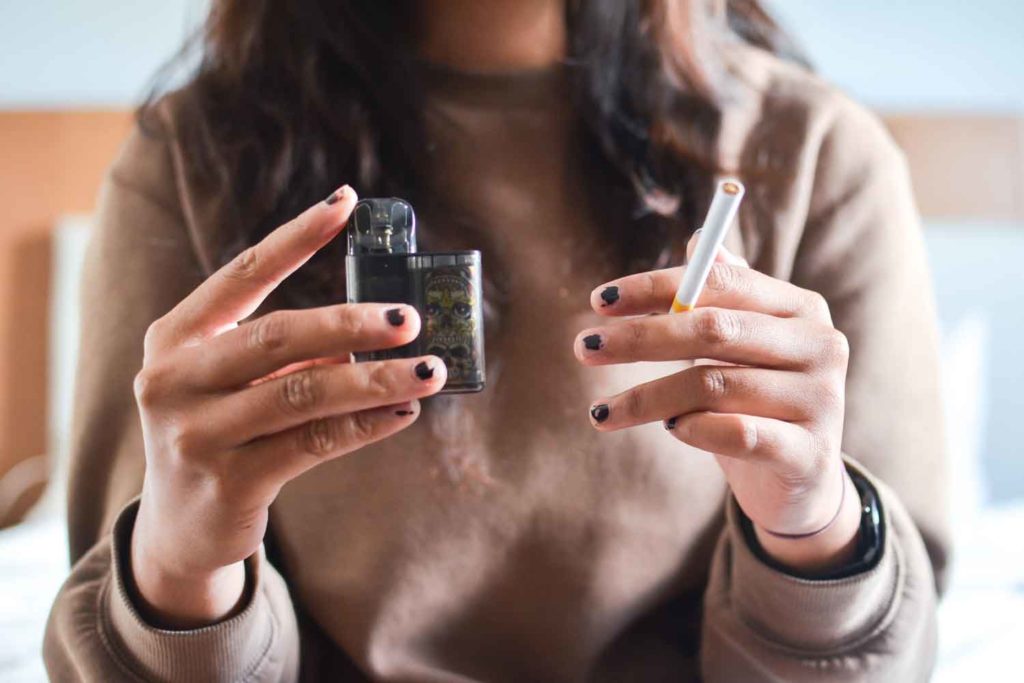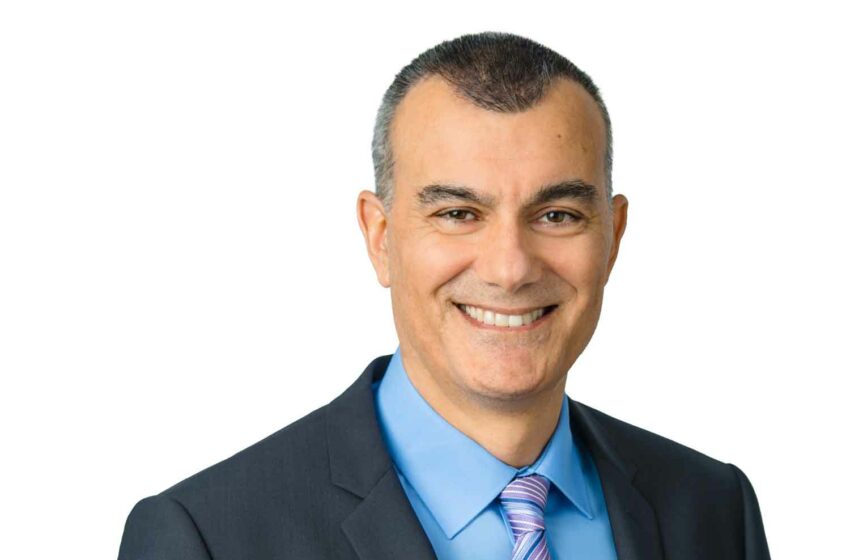
BAT’s wholly owned subsidiary Tobacco Manufacturers (India) intends to sell up to 436,851,457 ordinary shares in ITC to institutional investors. The trade shares represent up to approximately 3.5 percent of ITC’s issued ordinary share capital.
Following completion of the proposed block trade, BAT’s shareholding in ITC will be approximately 25.5 percent.
BAT intends to use the net proceeds of the trade to buy back BAT shares over a period ending December 2025, starting with £700 million ($892.9 million) in 2024. BAT will continue to allocate operating cashflow to fund investment in its transformation and to further deleverage.
Going forward, the key elements of capital allocation at BAT will include continued investment in its transformation; progressive dividends; continued deleverage to a new range of 2 times to 2.5 times adjusted net debt/adjusted EBITDA; and sustainable share buybacks, according to the company.
“I am confident that ITC, under the stewardship of its current management, will continue to create further value for its shareholders,” said BAT CEO Tadeu Marroco in a statement. “We look forward to remaining important shareholders in ITC as it continues its journey of growth. With this transaction, BAT can accelerate the start of a sustainable buyback while enabling us to continue to deleverage toward a new target range of 2 [times] to 2.5 times adjusted net debt/adjusted EBITDA.”



















